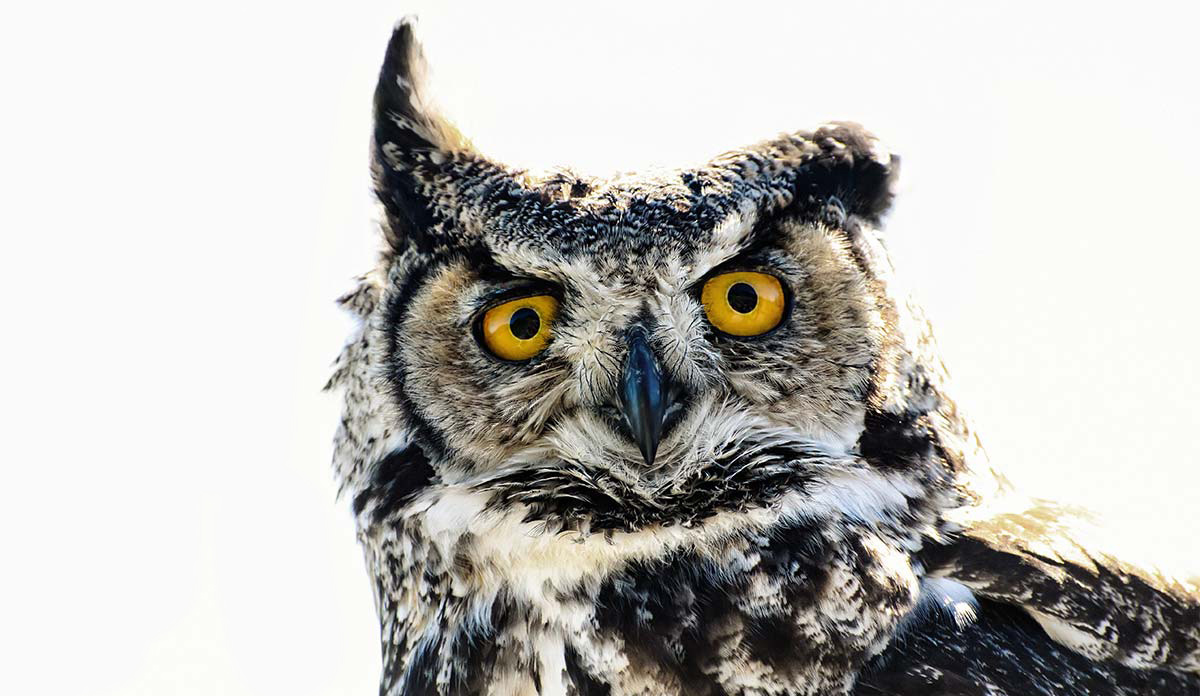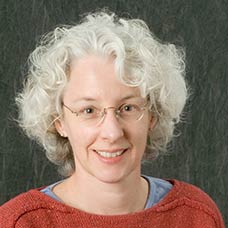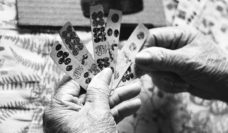Evidence abounds that social attitudes toward aging are still, even in this supposedly enlightened age, largely disparaging. Leaf through any fashion magazine or observe the caricatures of older adulthood on TV and in movies. Negative portrayals of older adults far outweigh positive. Even positive portrayals are often remarkably one-dimensional (think Yoda). The archetype of the ‘wise elder’ is the most commonly held positive stereotype of aging. But does age really bring wisdom?
Typical aging entails declines in many cognitive abilities, a developmental trajectory which would seem to inhibit the accrual of wisdom. Researchers using the Berlin Wisdom Paradigm examined this paradox in 1999, by asking participants to reflect on life problems and analyzing responses according to predetermined criteria. They concluded that a virtually non-existent correlation between chronological age and wisdom was due to the interaction of the gains and losses that come with age.
In our study, we asked laypeople to listen to narrative responses collected from speakers varying in age from 30 to 90 years old, and to rate them on different dimensions of wisdom: how knowledgeable they were, how reflective, and how sensitive to the feelings of others. Three narratives were elicited: an advice-giving scenario about a teenage girl leaving home; a moral dilemma about a friend committing a crime; and an autobiographical narrative.
Across all narratives, raters judged speakers who were older than themselves to be more sensitive but less knowledgeable.
Most telling was an analysis in which we assessed the impact on ratings of the relationship between speaker and listener (i.e. whether they were of the same or different sex, and how different they were in age). In the advice-giving scenario, raters (particularly women) placed more value on advice from same-sex speakers. But, in the autobiographical narrative, raters (particularly men) valued the stories of opposite-sex speakers. Across all narratives, raters judged speakers who were older than themselves to be more sensitive but less knowledgeable. Overall, younger raters tended to value sensitivity most, the feature they attributed to older raters. Older raters valued knowledge the most, which they attributed to younger raters.
These findings are consistent with previous research showing that older adults are often viewed as higher on warmth but lower on competence. To make this more concrete, imagine Bart and Lisa listening to Grandpa Simpson and thinking, “Sweet old guy, but he doesn’t have a clue.” This finding may explain why wisdom, which requires both warmth and competence, is such a rare commodity. In our study, though, what seemed to be valued most were dimensions attributed to the out-group, suggesting a ‘grass-is-greener’ perspective on wisdom dimensions. In this scenario, Bart and Lisa appreciate Grandpa’s sweetness, while he in turn appreciates their youthful competence.
Rather, the perception of wisdom depends on the context in which it is perceived and characteristics of the speaker relative to the listener.
From a theoretical perspective, the results suggest that generic and idealistic constructs of wisdom may not be meaningful in practice. Rather, the perception of wisdom depends on the context in which it is perceived and characteristics of the speaker relative to the listener. If the situation demands sensitivity, older adults may be perceived as wiser; if knowledge is deemed important, younger speakers may be perceived as wiser. Wisdom is in the eye and ear of the beholder.
From a practical perspective, observing positive perceptions of age is a good sign. Overdrawn images in the media of hilariously senile or decrepit seniors are not likely to disappear anytime soon. But we can hope that everyday interactions with a growing population of older adults will generate more realistic and nuanced perceptions of age. This would, indeed, be enlightened.
Funding for this project was provided by a grant from the University of Chicago’s Defining Wisdom Project and the John Templeton Foundation.
Feature image: Anton Bielousov, Great Horned Owl, A great horned owl in Birds in Motion show on Grouse Mountain (Vancouver, BC), used under CC BY-NC 2.0














